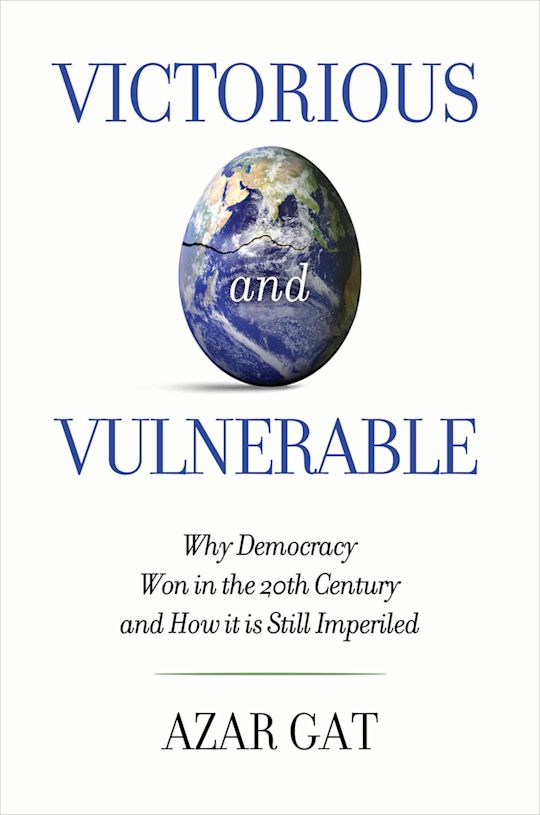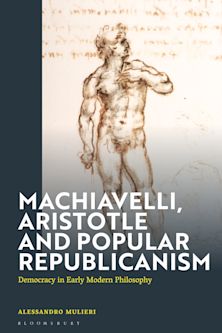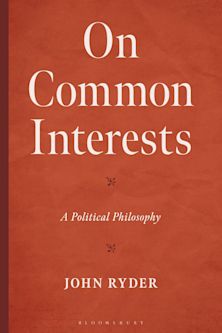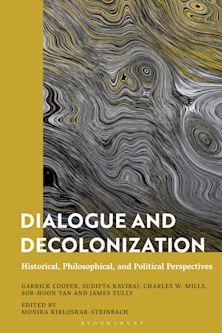- Home
- ACADEMIC
- Politics & International Relations
- Political Theory and Philosophy
- Victorious and Vulnerable
Victorious and Vulnerable
Why Democracy Won in the 20th Century and How it is Still Imperiled
Victorious and Vulnerable
Why Democracy Won in the 20th Century and How it is Still Imperiled
- Delivery and returns info
-
Free US delivery on orders $35 or over
You must sign in to add this item to your wishlist. Please sign in or create an account
Description
In the blink of an eye, liberal democracy's moment of triumph was darkened by new threats, challenges, and doubts. Rejecting the view that liberal democracy's twentieth-century victory was inevitable, distinguished student of war Azar Gat argues that it largely rested on contingent factors and was more doubtful than has been assumed. The world's liberal democracies, with the United States at the forefront, face new and baffling security threats, with the return of capitalist nondemocratic great powers-China and Russia-and the continued threat of unconventional terror.
The democratic peace, or near absence of war among themselves, is a unique feature of liberal democracies' foreign policy behavior. Arguing that this is merely one manifestation of much more sweeping and less recognized pacifist tendencies typical of liberal democracies, Gat offers a panoramic view of their distinctive way in conflict and war. His book provides a politically and strategically vital understanding of the peculiar strengths and vulnerabilities that liberal democracy brings to the formidable challenges ahead.
Published in cooperation with the Hoover Institution
Table of Contents
Chapter 2 Chapter 1: Why Democracy Won in the Twentieth Century
Chapter 3 Chapter 2: The Ascent of Capitalist Parliamentarianism
Chapter 4 Chapter 3: Free Trade or Imperialism?
Chapter 5 Chapter 4: The Return of the Nondemocratic Great Powers
Chapter 6 Chapter 5: The Modern Transformation and the Democratic Peace
Chapter 7 Chapter 6: The Democracies' Way in Conflict
Chapter 8 Chapter 7: Why Counterinsurgency Fails (with Gil Merom)
Chapter 9 Chapter 8: Did Democracies Exterminate the Natives of North America and Australia?
Chapter 10 Chapter 9: Unconventional Terror and the New World Disorder
Chapter 11 Chapter 10: Conclusion: Strength and Vulnerablities
Chapter 12 List of Liberal Democracies' Unique Behavioral Traits in Conflict
Chapter 13 Notes
Chapter 14 Index
Product details
| Published | Dec 16 2009 |
|---|---|
| Format | Hardback |
| Edition | 1st |
| Extent | 140 |
| ISBN | 9781442201149 |
| Imprint | Rowman & Littlefield Publishers |
| Dimensions | 10 x 6 inches |
| Series | Hoover Studies in Politics, Economics, and Society |
| Publisher | Bloomsbury Publishing |
Reviews
-
Gat, a professor of national security at Tel Aviv University, a Hoover Institution fellow, and author, has gained an international reputation as a military historian and security analyst....A contentious contribution to the foreign policy debate that raises important issues, Gat's latest will engross security wonks.
Publishers Weekly
-
Azar Gat's new book is a worthy successor to his magisterial work on war and civilization. Here, he transcends the by now familiar debates about the democratic peace and the “End of History.” In this brilliant and highly original work, Gat shows not only why democracies triumphed over their authoritarian, fascist, and communist adversaries in the past century, but simultaneously calls attention to the democracies' unique vulnerabilities.
Robert J. Lieber, professor of government and international affairs, Georgetown University


































